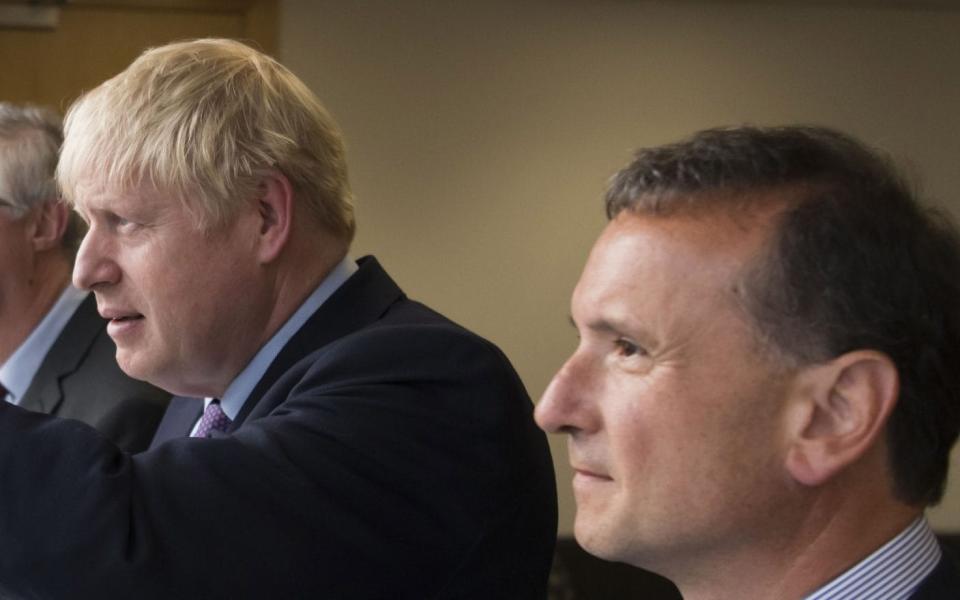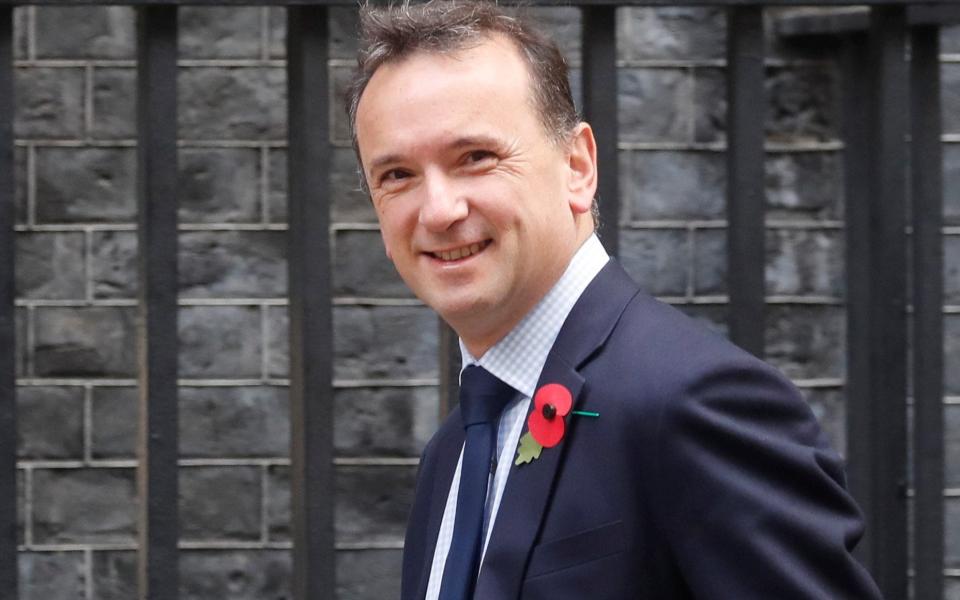Government to fund projects across home nations in fight to keep Union together

Roads, cultural events and other schemes in Scotland, Wales, and Northern Ireland will be directly funded for the first time in decades by the Government in London under a Brexit law to be published on Wednesday.
The Internal Market Bill will allow the UK Government in Whitehall to spend public money on its own projects in areas such as economic development, culture, sport, educational activities and training.
A new Office for the Internal Market – which will secure the rights of all businesses to trade freely in all parts of the UK – will also decide how state aid money can be spent within the Union, replacing Brussels' oversight.
The plans were immediately attacked by the SNP as a "Tory power grab" that will represent the "biggest threat to devolution in decades".
However, Alun Cairns, a former Conservative Wales secretary, said the new law was the beginning of "the fight back to save the United Kingdom" as people in devolved areas would benefit directly from UK money.
Since devolution in Scotland and Wales at the end of the last century, ministers in London have not been allowed to spend public money in certain devolved policy areas.
The change could allow the London-based government to apply to build a road through parts of Scotland or Wales, although local planning permissions would be needed.

A Government source said it would allow the UK government "to fund more projects of national importance" although it would not attempt to overrule local MPs or councils.
The source said: "Countries would have to bid in for different pots of EU cash and projects for that. So we are making sure that we have the powers to design UK-wide programmes to replace EU programmes.
"As we recover from Covid, we have seen that UK government support has been fundamental for so many communities and businesses across the UK.
"We want to make sure we take the right steps, so that every part of the UK can recover as quickly as possible."
Officials also stressed that when the Transition Period ends, from 1 January 2021, new powers in a range policy areas previously exercised at an EU level will flow directly to the devolved administrations in Scotland, Wales and Northern Ireland for the first time, including over air quality, energy efficiency of buildings and elements of employment law.
Last month the Telegraph disclosed how SNP ministers in Edinburgh had demanded that London drop the words 'Britain' or 'UK' from the branding of a nationwide cultural festival being planned for 2022.
The Scottish Government was able to object to 'British' being included in title or promotional material for the celebration of the "very best of modern Britain" because the spending was in the devolved cultural policy area.
The row delayed the Department of Culture, Media and Sport commissioning around £3 million of work from creative agencies tasked with drawing up the material.

Writing for the Telegraph, Mr Cairns, who was Secretary of State for Wales from 2016 to 2019, said: "There is no means for the UK Government to support cultural activities outside England, highlighted by recent difficulties in developing the Festival of Britain planned for 2022.
"This raises the question of who is responsible for promoting UK culture to people in Scotland? The Scottish Government will hardly do it.
"We are not a federal state and people have the right to expect the UK Government to support them and their communities wherever they live. This Bill can make this possible.
"Although the primary role of this Bill is to protect the UK Market, it’s also the start of the Union fight back."
He added: "Current legislation prevents the UK Government from supporting businesses or local authorities in Scotland, Wales and Northern Ireland.
"When a major business is under threat or a local authority in a devolved nation is under pressure – Covid exposure being an example – the UK Government is powerless to act.
"Existing legislation means that any intervention must be with the agreement of the devolved government. Businesses don’t understand this and Nationalists exploit the position to serve their own separatist agenda."
However, SNP Westminster Leader Ian Blackford MP said the law "would enable Westminster to overrule the democratic will of the Scottish Parliament".
He added: "Yet again, the Tory government is proving it cannot be trusted to respect Scotland's wishes."

